
Many dog trainers tout the power of special food rewards when training our four-legged friends using positive reinforcement - and cheese is often one of them. But even though it's often used as a training tool, many pet owners may wonder if cheese is something that their dog should have on a regular basis. The answer is no - not on a regular basis. This type of reward should be reserved for special situations.
Cheese may be used very occasionally for a "high value" reward in situations where we need extra motivation in training (for example during high distraction areas, vet offices etc), but to use it as a normal part of the diet will make it a less effective training tool and adds on a lot of extra calories that are not needed in most cases, since many dogs are already overweight. A one-inch cube of cheese is a significant calorie source, especially in smaller breeds and can contribute to obesity.
In general, most dogs can safely eat cheese when fed in small amounts. But there are always exceptions -such as dogs who have difficulty processing dairy. Just like some humans, not all dogs can digest cheese, and dogs with severe cases of lactose intolerance may experience adverse reactions to cheese even when it's consumed in small quantities.
A sugar that occurs naturally in milk, lactose is something that's readily tolerated by young mammals like puppies because they naturally produce an enzyme (lactase) that enables them to digest it. But, as they get older and no longer require their mother's milk for survival, adult dogs don't produce as much lactase, which is why introducing cheese later in life can sometimes cause tummy troubles. There are also some dogs that may be allergic to the proteins in cow’s milk.
As always, you should consult your veterinarian before offering any human food to your pet, but you'll also want to watch your dog closely for signs of intestinal upset after offering cheese for the first time. If your dog is having a negative reaction to cheese, you'll likely notice digestive changes such as constipation, diarrhea, gas, or vomiting, and these would all warrant a call to your vet.
But, even if you don't notice any symptoms of stomach distress when your dog snacks on cheese, it's still best to offer this particular treat in moderation. Cheese does contain some benefits, including calcium, vitamin A, protein, essential fatty acids, and B-complex vitamins, but it's also high in fat and sodium. So while your pooch may reap the benefits of a high-calcium human food like cheese (which can help promote strong and healthy teeth and bones), it doesn't necessarily mean you should allow your dog to munch on cheese on a daily basis.
Because of its high fat and sodium content, allowing your dog to eat cheese too often can cause lead to weight gain and other obesity-related health issues. Consuming too many high-fat foods can also result in more serious conditions like pancreatitis, which can be fatal.
Just like in humans, high amounts of sodium can lead to issues such as high blood pressure and even organ damage. Although some sodium is necessary in your dog's diet, if you're offering your pooch a high-quality dog food then he's likely getting all the sodium he needs.
Additionally, pet parents should pay close attention to the types of cheese that they're offering their dogs. Some cheeses contain herbs or other additives that can be toxic, such as onion, garlic, or chives.
And what about spreadable cheeses, like the cream cheese on the bagel your dog would probably love to devour? These types of cheeses tend to be unripened and contain a high amount of lactose, and sometimes even cream. They tend to be extra fatty, so they are not recommended unless it is just a very small amount occasionally.
Anyone who has ever had to give pills to a dog knows the magic of cheese (or peanut butter) as a sneaky way to get them to cooperate, especially since the fat found in cheese can help your dog absorb fat-soluble vitamins. And as previously mentioned, small tastes of cheese can be highly motivating as a treat for dogs. If able, use other treats first (many puppies will work for their own kibble or for cheerios). If you do use cheese, be sure to keep the pieces small and that your dog can safely tolerate it. If you're offering string cheese, be aware that its stringiness can make it a choking hazard. It is best cut or broken it into small chewable chunks, instead.
Cheese should not be a routine part of your dog's diet. Rather, keep your dog on a consistent fully formulated canine diet, offer healthy low-calorie treats as rewards for positive reinforcement of desired behaviors. Save the cheese for rare occasions that a stronger motivator is needed IF your dog is not overweight, not prone to pancreatitis, gastritis, or other gastrointestinal concerns.
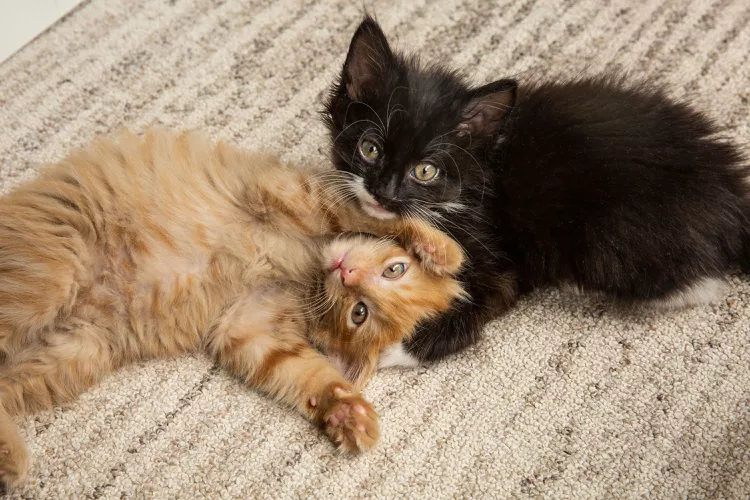
Why Two Kittens Are Better Than One
There are benefits of adopting two kittens, such as more feasible training and companionship between them.
Everything You Need to Know About Raising Your First Cat
Whether you are thinking about getting a cat or just adopted your first one, these are the things to know to make your relationship a lasting one.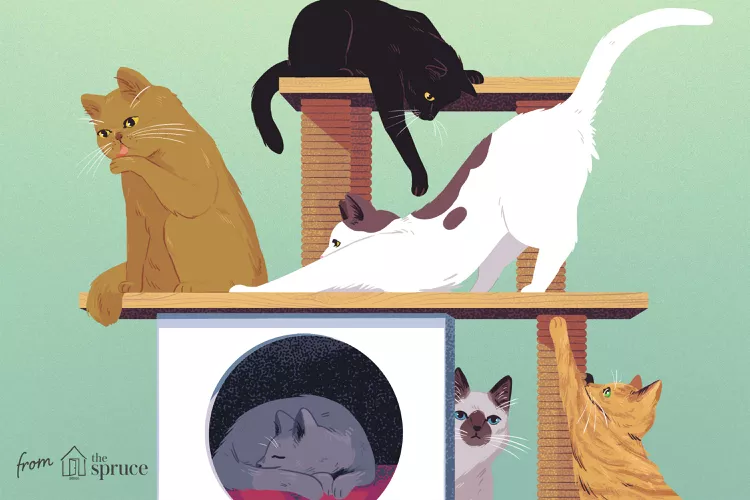
How Can I Tell the Sex of a Cat?
Telling male and female cats apart can be difficult for those who don't know what they're looking for. Here are helpful tips to discover their sex.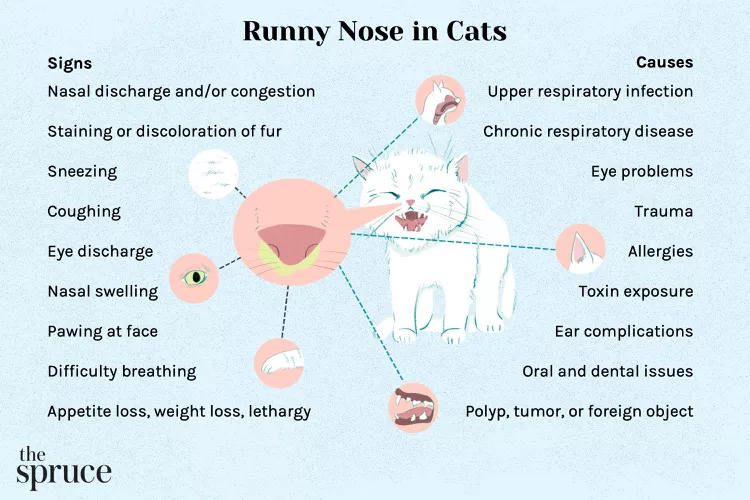
Runny Nose in Cats: Causes and Treatment
Cats get runny noses due to upper respiratory issues, but many conditions can cause this. Learn the causes of runny noses in cats and the associated signs. Find out how vets diagnose and treat cats with runny noses.
How Long Can You Safely Leave Canned Cat Food Out?
You cannot safely leave canned cat food out all day. Twenty to 30 minutes is the max, so give smaller portions and reheat food for later feedings.
Meat Byproducts in Cat Food
Most cat experts recommend premium brands of cat food that avoid ingredients like byproducts and chicken meal. Learn what to look for on the label.
How Much Wet Food to Feed a Cat Every Day
The amount of wet food your cat needs depends on factors such as age, weight, body condition, and lifestyle. Learn how much wet food to feed your cat.
Taurine for Cats
Taurine is an essential animal protein in your cat's diet. Learn more about the various ways it supports your feline's body.
The Different Types of Pet-Friendly Workplaces
Discover the different types of pet-friendly workplaces and the benefits they offer employees. Learn how to create a pet-friendly workplace and the best practices for pet owners.
8 Halloween Safety Tips for Pets
The spooky holiday can be overstimulating and even dangerous for pets. Here's how to avoid the problems caused by toxic candy and incessant doorbells.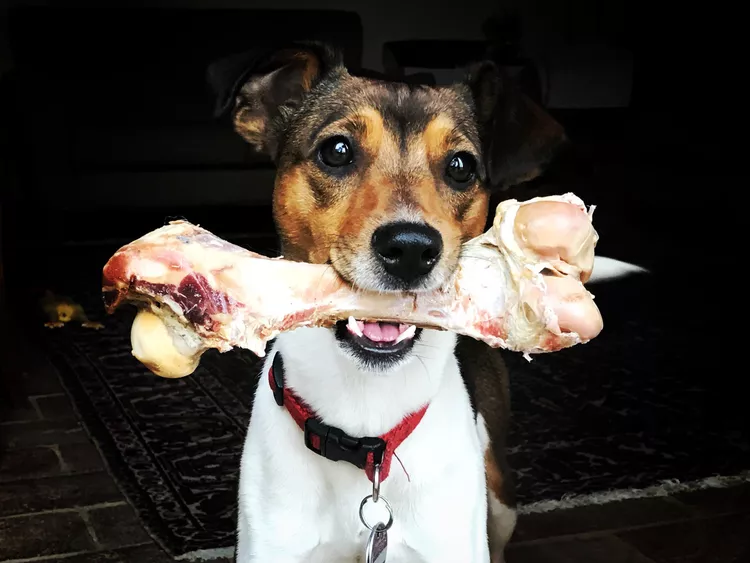
Why You Should Keep Cooked Bones Away From Your Dog This Holiday Season
People should be aware of the dangers of cooked bones, especially around the holidays when they might be more accessible to your pup.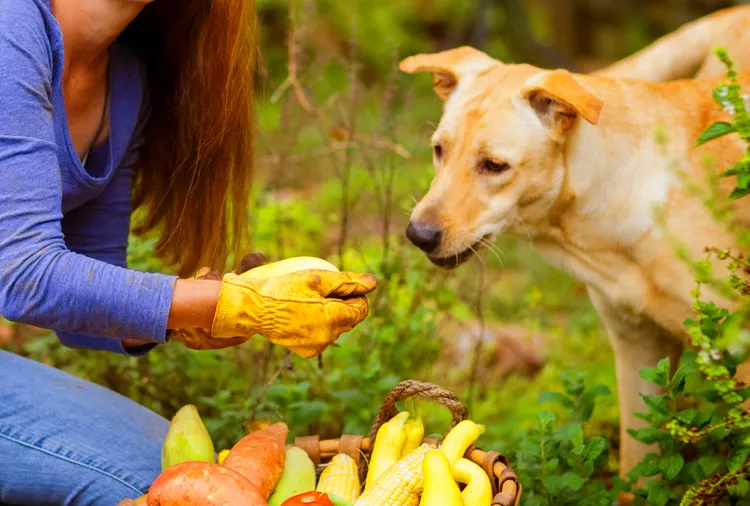
Can Dogs Eat Squash? Here's What a A Vet Thinks
Dogs can safely eat squash as long as it's prepared correctly. Find out how to properly feed this versatile fruit to your dog.
16 Small Cat Breeds That Are Petite Purring Machines
Small cat breeds like the Singapura and munchkin may be smaller than an average housecat, but they leave a giant imprint on your heart.
10 Best Cats With Big Ears
Cats with big ears often look extra endearing. Check out some common big-eared cats, including the Abyssinian, Devon Rex, Siamese, Sphynx, and more.
Javanese (Colorpoint Longhair): Cat Breed Profile, Characteristics & Care
The Javanese is a semi-longhaired, color-pointed cat of Siamese type. They are related to the Siamese, Colorpoint Shorthair, and Balinese breeds.
How to Stop Aggression in Dogs
Dog aggression can be a serious behavior issue for pet owners. Learn how to stop aggression in dogs before someone gets hurt.
Should Dogs Be Allowed on Furniture?
Should you let your dog on the couch or in the bed with you? Are there any reasons we should not let dogs on the furniture? Here's what to know.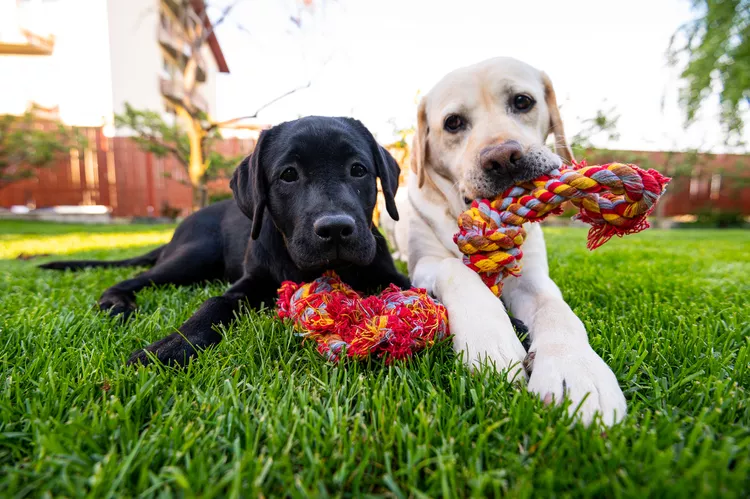
Why Do Dogs Eat Rocks?
One of the most common non-food items for dogs to eat are rocks. Here's what to know about why dogs eat them and how can you stop your dog from eating rocks.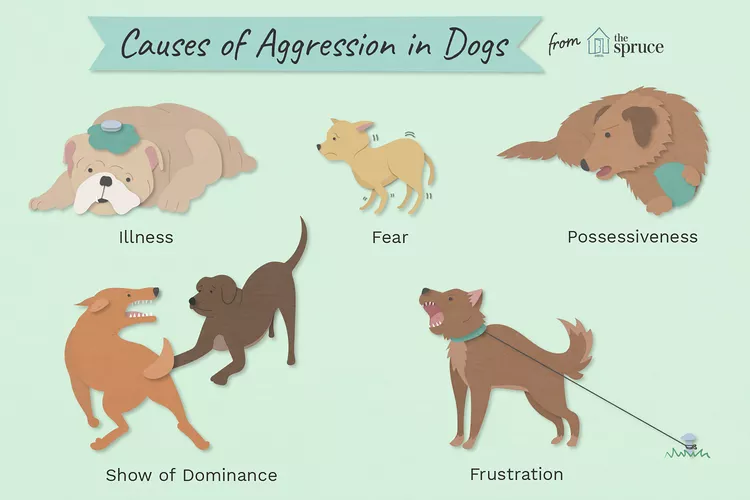
Why Dogs Get Aggressive and How to Stop It
Why is your dog biting you aggressively? Sometimes dogs can become aggressive with little warning. Find out what causes your dog to become aggressive so you can work with the behavior.
Thai Ridgeback: Dog Breed Characteristics & Care
Learn all about the Thai Ridgeback, a rare breed from Thailand. Find out how to care for the loyal dog and where to buy or adopt one.